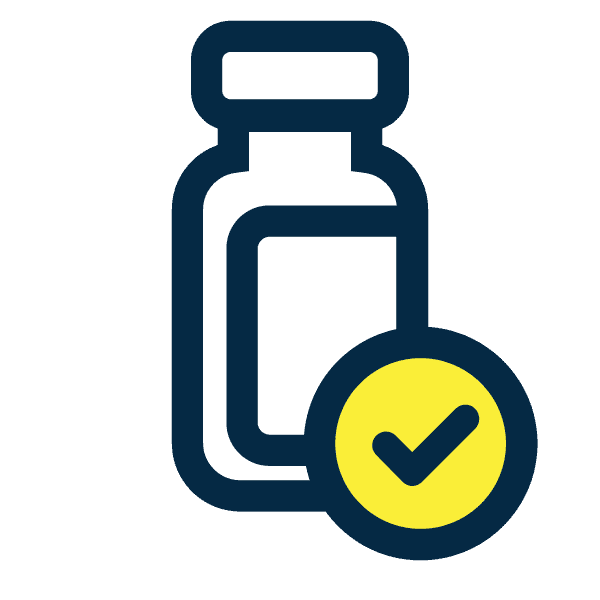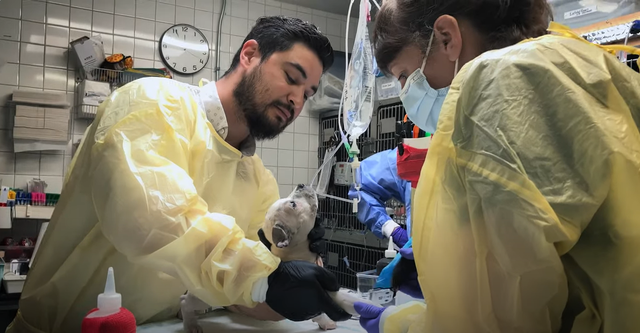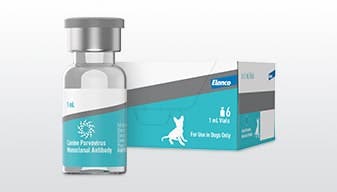Canine Parvovirus Monoclonal Antibody
Canine parvovirus, or parvo, is one of the most common causes of illness and death in dogs worldwide.1 While vaccination can help prevent parvo, there have been no antiviral treatment options for dogs who become infected — until now. Canine Parvovirus Monoclonal Antibody (CPMA) is the first and only USDA-conditionally approved, one-dose parvovirus treatment.
Think your dog might have parvovirus? Treatment can’t wait.
Canine parvovirus is a highly contagious disease that destroys the intestinal lining. It can be fatal if not treated quickly. Puppies are at high risk for parvo until they have been fully vaccinated, and unvaccinated dogs are also at risk. If you notice any of the following signs, call your veterinarian immediately and ask about canine parvovirus and CPMA as a potential treatment.
- Lack of appetite
- Vomiting
- Hemorrhagic diarrhea
- Abdominal pain
- Lethargy
- Fever
Introducing the first and only one-dose canine parvovirus treatment
 One dose
One doseWith just one intravenous dose, CPMA may shorten the course of the disease and improve the outcome.
 Proven effective
Proven effectiveA study of infected dogs who were treated with CPMA showed significantly faster resolution of symptoms including vomiting, lethargy and lack of appetite.3
 Well tolerated in puppies as young as 6 weeks of age
Well tolerated in puppies as young as 6 weeks of ageIn a safety study of 147 healthy dogs who received CPMA, CPMA was well tolerated. If a reaction occurred, it was generally mild and recovered within one day.4
 May help dogs get home sooner
May help dogs get home soonerUse of CPMA may help decrease hospitalization time for parvovirus treatment.3
Call your veterinarian right away if you think your dog may have parvovirus — and ask about CPMA by Elanco.
Learn more about parvovirus in dogs
Vaccination is key to protecting your pet
The canine parvovirus vaccine has been recognized as a core vaccine by the American Animal Hospital Association Canine Vaccination Guidelines.10 Effective vaccination with products such as TruCan™ Ultra DAP and TruCan™ DAPPi can help prevent parvovirus infection. Ask your veterinarian for more information.
Find a vet >
Every. Minute. Counts.
With parvo, every minute counts. To help ease the burden of unexpected treatment costs, families in need of financial support can receive a $200 rebate on CPMA.
Always read, understand and follow the label and use directions.






